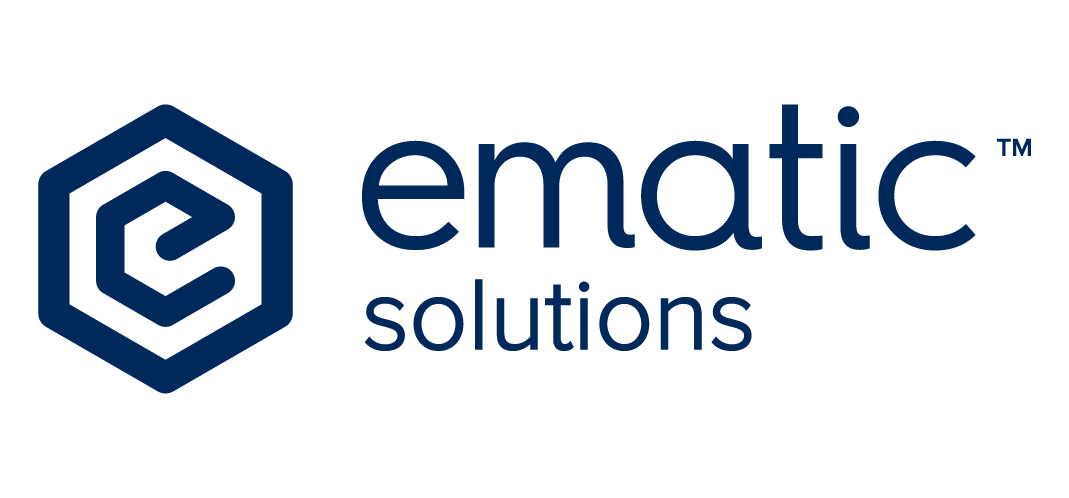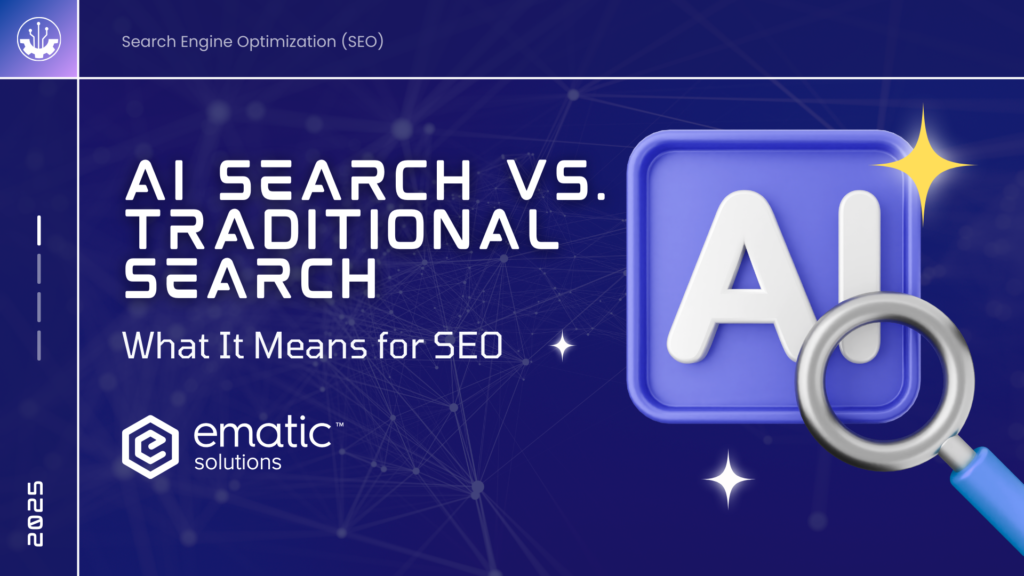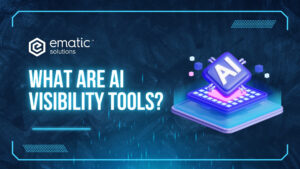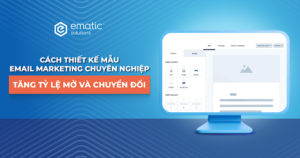Search has always been at the heart of digital marketing. For years, Google’s traditional search engine has dominated the way people find information online. Marketers, businesses, and content creators built their SEO strategies around ranking in the 10 blue links of Google’s search results.
But the landscape is changing. With the rise of AI-powered search—like Google’s Search Generative Experience (SGE), Microsoft’s Copilot (formerly Bing Chat), and other AI-driven platforms—the way users interact with search results is evolving.
So what does this shift mean for SEO? Should businesses still focus on traditional SEO, or is AI search the future? Let’s dive deep.
What is Traditional Search?
Traditional search engines, like Google and Bing (pre-AI integration), are based on indexing, crawling, and ranking websites. When you type in a query:
- Crawlers scan the web and collect data.
- Indexing organizes this data in massive databases.
- Ranking algorithms decide which pages to show you, based on factors like relevance, keywords, backlinks, and site authority.

The familiar results page (SERP) often includes:
- Organic results (blue links)
- Paid ads
- Featured snippets
- Knowledge panels
- Local packs
In short: traditional SEO is about optimizing your website so search engines find, index, and rank it higher than your competitors.
What is AI Search?
AI search represents a paradigm shift. Instead of simply showing a list of links, AI search engines generate direct answers using large language models (LLMs).
For example:
- You ask: “What are the signs of aging skin?”
- Instead of listing websites, AI might give you a summarized, conversational answer, citing a few sources.
AI search doesn’t just retrieve, but rather, it interprets. It uses natural language processing (NLP) to understand intent and provide contextual, personalized, and synthesized responses.
Examples of AI-driven search features:
- Google SGE/ AI Overview: Generates AI-written answers at the top of search results.

- Bing Copilot: Provides conversational responses with cited links.

- ChatGPT with web access: Offers direct responses instead of search lists.
This approach reshapes user behavior: people are less likely to scroll through 10 results when they already get a synthesized answer.
AI Search vs. Traditional Search: Key Differences
Here’s a side-by-side comparison of how AI search differs from traditional search:
| Feature | Traditional Search | AI Search |
|---|---|---|
| Results format | List of links (SERP) | Conversational answer, sometimes with citations |
| User experience | Click-through to websites for information | Information summarized directly in the search |
| Ranking factors | Keywords, backlinks, authority, on-page SEO | Context, semantic meaning, entity recognition, relevance |
| Traffic flow | High click-through to websites | Reduced clicks (AI answers in search) |
| Opportunities for brands | Ranking on page 1, featured snippets, ads | Being cited in AI responses, content visibility within summaries |
| Challenge | Competing for top 10 rankings | Risk of “zero-click searches” where users don’t visit websites |
How AI Search is Changing User Behavior?
- Higher demand for context
Queries are longer and more natural (e.g., “What’s the best way to reduce frizz in tropical climates?” instead of “anti-frizz tips”). - Shift toward trust in AI summaries
If AI provides a complete answer, users may never click further, hence it may reduce website traffic opportunities.
This means SEO strategies must evolve: it’s no longer just about ranking on Google’s page one, but it’s about being the source AI tools pull information from.
What This Means for SEO?
The good news: SEO isn’t dead—it’s evolving. Here’s what marketers and businesses need to consider:
1. Content Quality > Keyword Stuffing
AI prioritizes context and authority over simple keyword matches. Your content must be:
- Comprehensive
- Well-structured
- Written for humans, not just algorithms
2. Topical Authority Matters More
Websites that demonstrate expertise in a niche are more likely to be cited by AI search engines. Building topic clusters and covering subjects in depth is crucial.
3. Structured Data is Essential
Schema markup helps AI understand your content better. This increases the chance of being featured in AI responses.
4. Brand Visibility Beyond Links
AI search may not drive as much direct traffic, but brand mentions, citations, and authority signals still matter. Even without clicks, being cited builds trust. One effective way to strengthen these signals is through backlink building. Strong backlinks boost your authority and improve your chances of being referenced in AI results. Learn more in our guide: How Backlinks Can Boost Your Organic Traffic.
5. Zero-Click Search is Here to Stay
Just like Google featured snippets, AI search will create more zero-click results. Your strategy must balance visibility + conversions even if fewer people land on your site. Read more on Zero-Click Searches & AI Overviews Impact.
Future of SEO in an AI-First World
Looking ahead, SEO will likely become a mix of traditional optimization and AI-centric strategies. We’re moving beyond traditional SEO into AEO and GEO, which are the two emerging approaches that prioritize visibility within AI-driven answers and generative overviews.
- AI SEO Optimization: Writing content designed for AI readability, not just human scanning.
- Entity-Based SEO: Optimizing for concepts, not just keywords.
- Multimodal Content: Images, videos, and structured data will help AI engines reference your brand.
- Voice & Conversational Search: With tools like ChatGPT and voice assistants, natural language optimization will grow.
How to Prepare Your Business for AI Search?
- Audit your content: Identify gaps where your content doesn’t answer user questions directly.
- Invest in long-form, expert-led content: Become a go-to authority in your niche.
- Use schema markup: Help AI recognize your data better.
- Monitor AI visibility: Test how your content appears in Google SGE and Bing Copilot.
- Stay agile: SEO is changing faster than ever—your strategy must evolve continuously.
Ready to Future-Proof Your SEO?
At Ematic Solutions, we specialize in helping businesses navigate the changing world of SEO. Our team of SEO experts can help you:
- Audit your website for AI-readiness
- Develop content strategies that appeal to both humans and algorithms
- Implement structured data for better visibility in AI results
- Stay ahead of emerging SEO trends
Don’t let AI search leave you behind. Contact Ematic Solutions today to future-proof your SEO strategy.




